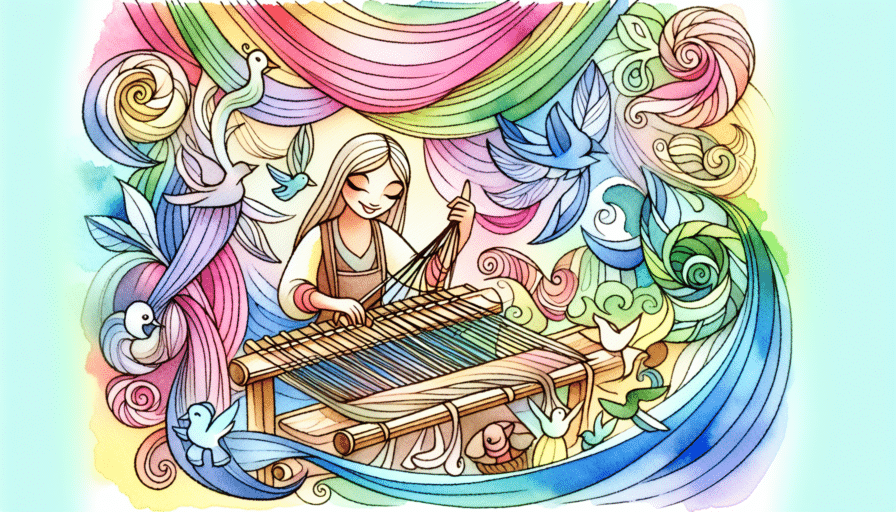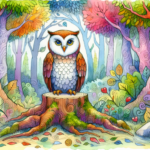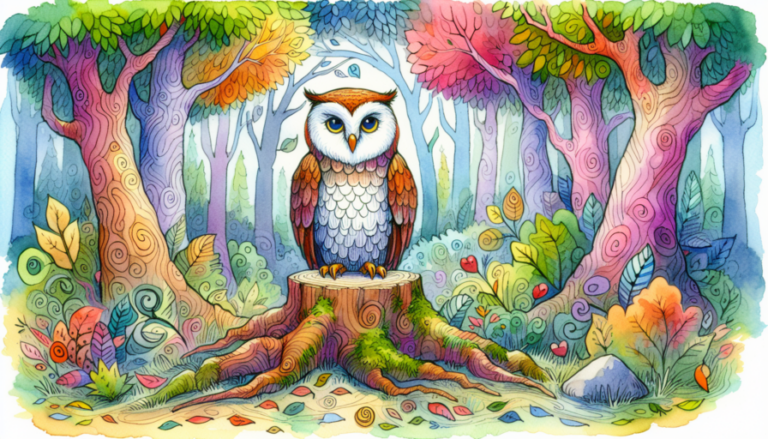The Weaver’s Wisdom: Threads of Decision Woven with Care
The Weaver’s Wisdom: Threads of Decision Woven with Care
In the bustling market of the city of Tabriz, where colorful stalls were laden with fruits, silks, and jewels, nestled the tiny corner shop of an old weaver named Farid. His hands, steeped in countless years of craftsmanship, danced across his sincere old loom, weaving stories out of threads.
With a silver streaked beard that rivaled the moon’s glow and eyes full of wisdom that mirrored the stars, Farid spun tales of enchanting lands and heroic figures. His fame transcended the city walls, spreading far and wide. Voracious for his tales, the townsfolk frequently gathered around his shop.
One day, a young prince, Rami, armored in opulence and pride, decided to visit Farid. Yet, he was nonchalant about Farid’s stories. Rami presumed life was a royal feast endured with sheer affluence. His juvenile impulsivity repelled the broader symphony of life.
Upon his arrival, the crowd parted like red sea, the noise dipped into a reverent hush. Rami, with staggering arrogance, commanded, “Weave me a story, old man. If it pleases me, you shall be generously rewarded.”
Farid nodded, and with a mystical smile, began a story, a tale of a young king not unlike Rami, whose arrogance had blinded him. The king, in a hasty decision, followed his tarnished advisors’ counsel, leading his kingdom into devastation.
Every thread on the loom represented choices and the woven fabric symbolized the outcome. As Farid’s story ended with the king’s downfall, the loom displayed a beautifully intricate but harshly colored tapestry.
The tale didn’t serve Rami’s egotism, and in his indignation, he retorted, “ Old man! A king might fall, but I won’t. Weave me another story.”
Farid, with his patient smile still intact, narrated another tale of a proud and powerful lion who ruled the jungle but lost his throne due to poor decisions and lack of understanding. The fabric spun, and the loom sang a song of another downfall.
Agitated, Rami demanded a different narrative, and Farid obliged him, again, and again. Every story ended the same: poor judgments led to decline, and the loom reflected it. Rami left the store enraged, calling Farid and his wisdom mere folklore.
However, the tales lingered in his mind, gnawing at his prideful soul. Over time, Rami started noticing the kingdom’s indifference and saw his ruthless judgement reflected in his advisors’ deeds. This revelation led to sleepless nights.
Rami, with pricked conscience, returned to Farid; this time humility replaced arrogance. “Farid,” he quietly asked, “Are there any tales of successful and wise rulers?”. With an approving nod, Farid began to narrate stories that painted sagacious leaders who listened, reflected, judged wisely, and prospered. The threads vibrantly portrayed wins, resilience, and prosperity.
With each tale, Rami absorbed wisdom. He began applying this knowledge in the palace deliberations, gradually transforming his reign. His kingdom flourished, his people thrived, and his sleep, like a nurtured cornfield, was plentiful. Rami, once a jejune lad, was now a wise king, all thanks to the weaver’s tales.
Years later, Rami visited Farid who was now a frail man and thanked him. Removing his golden crown, he placed it before Farid, saying, “My kingdom’s prosperity is the tapestry you have woven with your wisdom.”
Moral of the fable «The Weaver’s Wisdom: Threads of Decision Woven with Care»
Fables help us navigate life’s myriad paths. This tale of Farid and Rami unravels the inextricable link between wisdom and decision-making. The underlying moral is that decisions, like threads, are woven into the narrative of our lives. Ill-judged ones lead to regret, while thoughtful choices pave the way for success and contentment. Every person, young or old, prince or pauper, has the opportunity to seek and apply wisdom. It is a lifelong quest and the mark of true nobility.








